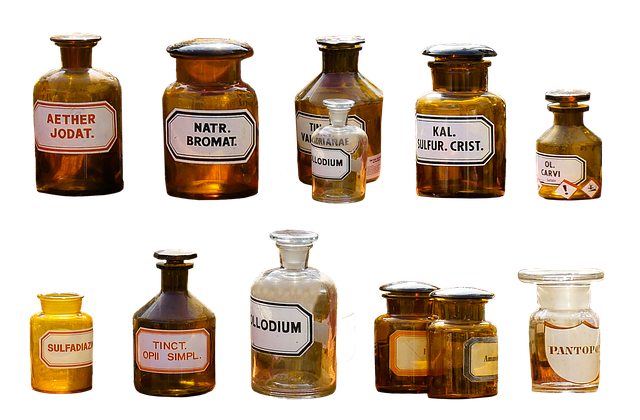As we dive into the fascinating realm of marine chemistry, it becomes increasingly clear that our oceans play a vital role in shaping the environmental conditions we experience today. The intricate relationships between oceanic processes and climate change reveal a dynamic world where microscopic components influence global climates, affecting everything from weather patterns to biodiversity.
The study of marine chemistry offers a window into understanding how chemical interactions in seawater impact marine ecosystems. Ocean waters are a complex mix of salts, gases, and organic materials, all of which can change drastically as the climate alters—primarily due to human activities. Rising carbon dioxide levels lead to ocean acidification, which significantly impacts coral reefs and shellfish, vital components of marine biodiversity and food chains.
Through examining various oceanic components, such as phytoplankton, we uncover the essential roles these organisms play in sequestering carbon. Phytoplankton not only produce a significant amount of the oxygen we breathe but also serve as a primary food source for marine life. Their health is intricately tied to the overall ecological balance. As temperatures rise and nutrient levels shift due to climate change, the composition and productivity of these tiny powerhouses are at risk, leading to cascading effects across marine and human ecosystems.
Moreover, the oceans act as a buffer for climate change, absorbing excess heat and greenhouse gases. Yet, this buffering capacity is not limitless. Scientists study how the chemical makeup of seawater is changing and what this means for our planet’s health. As marine chemistry evolves with climate change, it brings to light the urgent need for sustainable practices and conservation efforts.
Understanding the implications of marine chemistry in the context of climate change is crucial not only for marine health but also for humanity’s future. Coastal communities rely on healthy ocean ecosystems for their livelihoods, and as the oceans change, so too will the lives dependent on them. We must learn to navigate these challenging waters—both literally and metaphorically—as stewards of the environment for generations to come.
As awareness of marine chemistry and its implications for climate change grows, it becomes more essential than ever that we engage in conversations about the ocean’s health. The path forward requires collaboration between scientists, policymakers, and communities to devise innovative solutions that address both the symptoms and causes of climate change. By prioritizing the health of our oceans and understanding the intricate web of marine chemistry, we can work towards a more sustainable future for our planet and all its inhabitants.




